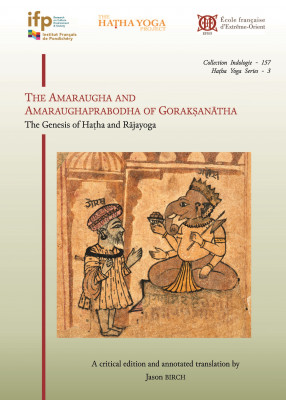FREE & QUICK WORLDWIDE SHIPPING ON $60+
TAKE 10% OFF YOUR ORDER | USE CODE: TAKE10

Book details
-
 xiv+456p., Tables.
xiv+456p., Tables.
-
 Hardcover
Hardcover
-
 English language
English language
-
 Serials Publications
Serials Publications
-
 26.09.2008
26.09.2008
-
 ISBN 10:
8183871815
ISBN 10:
8183871815
Related categories
Women, Globalisation and Development
Synopsis
The goal of achieving equality, development and peace depends largely on active participation of men and women in all facets of economic, social and political life. This is true for all economies and societies irrespective of their level of development. Equal participation of men and women in decision-making provides a balance in the society. This is very much needed to strengthen democracy and its proper functioning. The wave of Globalisation, as Rangarajan considers (Rangarajan, 2000), creates two major concerns. In the first place, it has intensified inequality in the distribution of income among countries and even within countries. Secondly, it is said that Globalisation weakens national sovereignty. This will deter countries taking independent decisions in the domestic matters. Due to Globalisation and for a variety of reasons developed countries are not able to concentrate in some areas of production. It has thus created a gap in demand supply situations and the gap has ultimately been filled in by the developing countries. The share of developing countries in total world output has increased remarkably from 17.9 per cent in 1988 to 41.2 per cent in 1995 and again to 40.4 per cent (excluding the share of Israel) in 2000. The shares of whole Asia during the same periods of time were 7.2, 29.4 and 25 per cents respectively. Remarkable development has also occurred in the growth rate. The growth rates of the developing countries both in terms of GDP and per capita GDP have been greater than that of the developed countries. It is true that growth rates in the developing countries were much higher in 1990s than in 1980s. Growth rates have rising trends in almost all the developing countries of Asia even today. Analysing data for the whole of Asia as a unit we find that developing countries are advancing very fast especially since 1980s and they have achieved substantial gains. At the same time, there are some countries which have become increasingly marginalised in the world economy.
-10%
Item available. Ships in 1-2 days.



















